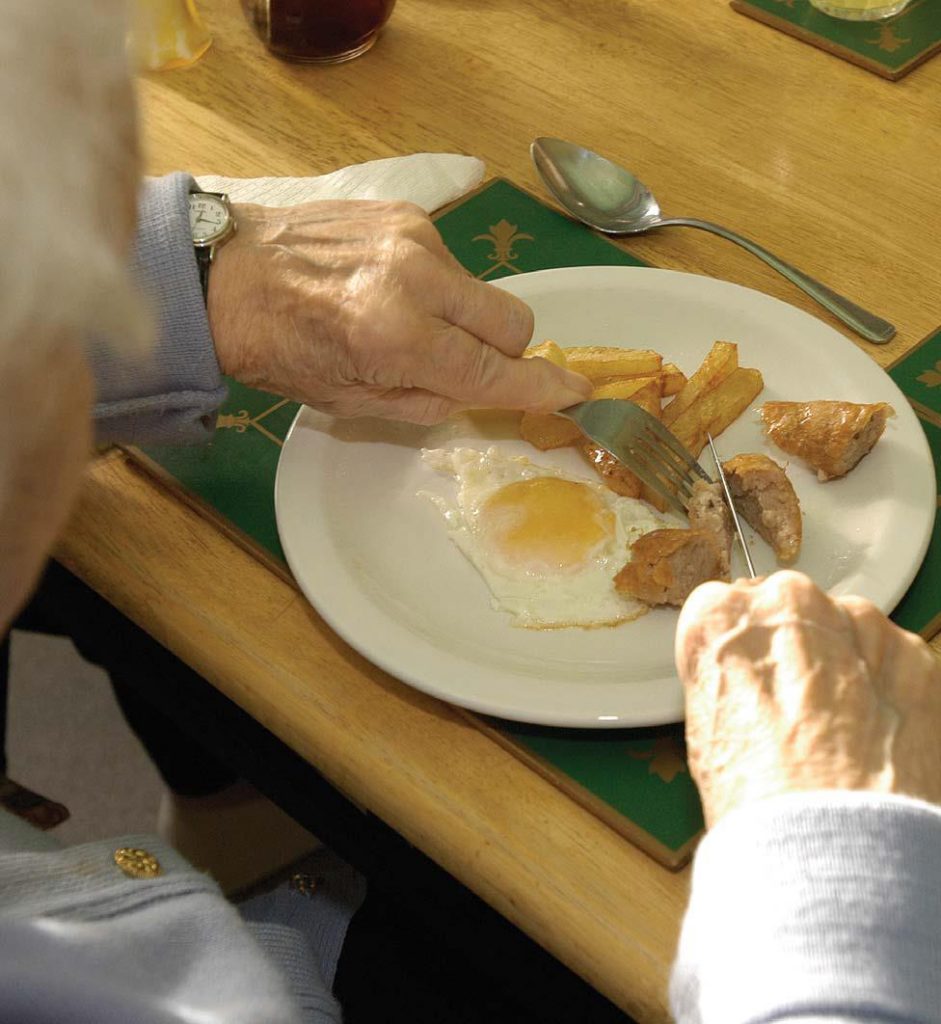Personal Preferences for food based on personal and cultural choices.
Food allergies or food intolerances affect nearly everyone at some point. People often have an unpleasant reaction to something they ate and wonder if they have a food allergy. One out of three people either say that they have a food allergy or that they modify the family diet because a family member is suspected of having a food allergy. But only about 5% of children have clinically proven allergic reactions to foods. In teens and adults, food allergies occur in about 4% of the total population.

Introduction

Effective care doesn’t happen in isolation. You are part of a team of care workers who work together to meet individuals’ needs. One area where you will need to work closely with other members of staff is in providing the right diet to suit both your client’s individual likes and dislikes and to meet any cultural preferences they may have.
Why diets are important
Diet does not mean reducing your fat or carbohydrate intake to lose weight, though such diets do, of course, exist. A person’s diet simply means the type of food they eat.
A client’s diet will be influenced by their culture – their beliefs and values. These may in turn be influenced by their religion or ethnic background. Individual preferences, such as always eating the main meal of the day in the evening or having Sunday lunch with the family, are part of people’s individual cultures and are equally important.
When a person is admitted into care, it is important to find out their likes and dislikes, their normal pattern of eating and any specific needs they may have. This will help to achieve an environment that promotes choice and demonstrates respect for an individual’s personal beliefs and preferences.
“I remember nursing a resident who had her food liquidized; she had no speech and a very poor swallow reflex. She did not seem to enjoy her main course at all. It wasn’t until I had mentioned this to her daughter that I found out that the resident in question never used to mix her dinner when she ate it: she would eat all the vegetables except the potato first, then the potato and finally the meat.
Once this resident’s food was liquidized separately, she began to enjoy mealtimes again. Simple things can be easily missed.”
As a Care Worker, you must show just as much respect for a client who requires their meat to be cooked in a certain way because of religious needs as for someone who always likes tomato sauce on everything. And a person who has never eaten certain vegetables because they don’t like them is as important as a vegetarian who has strong beliefs about not including meat in their diet.